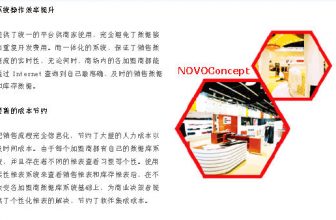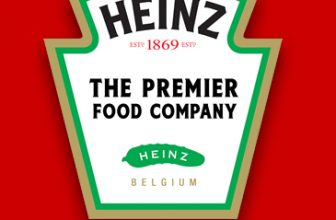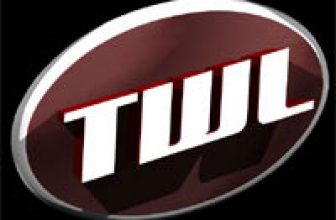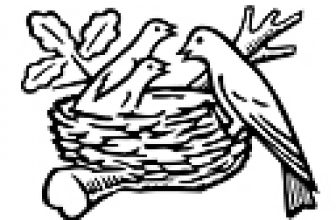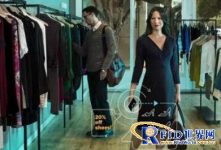
Carrefour uses Bluetooth beacon to track consumer shopping trajectories
[ad_1]
This fall, the multinational retail chain Carrefour Moon plans to test Bluetooth beacons in three branches in Madrid to track the movement of shopping baskets. The technology is provided by Proximus, which aims to determine the path of shoppers in the supermarket by tracking the trajectory of the shopping basket. Proximus founder and CEO Jorge Garcia Bueno said that as part of the Proximus retail store loyalty program, the company will also use smartphones to track users’ shopping trajectories in the future.

In September 2013, Bueno and two other co-founders established Proximus. The company focuses on developing and selling shopping solutions that allow offline stores to interact with consumers like online stores. For example, online stores can make marketing plans based on the number of product views, while offline stores cannot. Initially, Bueno founded the company beMee, which used WiFi technology to track the position of the shopping basket. In 2013, Apple iOS5 announced support for iBeacon and released developer tools. Bueno also founded Proximus and launched a series of solutions based on BLE technology transmission.
Proximus is headquartered in Spain and has established an office in London. The company is currently in the trial operation stage. Carrefour’s system is part of the company’s trial operation plan; this solution includes a battery-powered Bluetooth beacon that transmits a unique ID code via the BLE protocol and a cloud-based sensor that can send and receive data. In the future, Proximus will integrate smart phones into the system.
At present, Proximus is using beacons and sensors manufactured by third-party manufacturers, and has independently developed cloud software for data management. Bueno said that this spring, Proximus has already piloted the project at two Nisa food stores in London. This month, the Nisa project has been a complete success.
In the Nisa food store, Proximus placed some beacons on the shopping basket and installed 7 sensors on the ceiling. Bueno said that both stores have 50 shopping baskets, but not all beacons are configured this time. When in use, these beacons will periodically send signals to the ceiling sensor device. Then, the analysis software will trace the movement path based on the data collected by the sensor. Bueno said that the accuracy of the system is 1.5 meters, which is enough to locate the shopping basket. In this way, the software can know where the shopper stopped and how much time it took. When the consumer returns the shopping basket to the designated location, it indicates that he has left the store.
Bueno explained that retail stores can get a lot of useful information. Store managers can confirm which products are the most popular, where are the most crowded, etc. based on the data. In addition, the software can identify peak times.
Bueno said that Procimus is currently evaluating the results of the pilot.At the same time, the BLE company also launched a larger deployment plan for Carrefour in Madrid, where thousands of shopping carts will be attached to Carrefour.beacon. He added that it is still unclear how many sensors will be deployed on the ceiling, what is certain is that the data transmission is still wireless.
Bueno also said that the company will provide this technology in the form of SAAS, and retailers will pay for data and weekly reports; the price of the hardware will be included in the cost. Bueno said that the price of the system will not be too high. At present, the company allows retail stores to change the place of use midway.
In the future, consumers can use exclusive apps to participate in loyalty programs. In this way, consumers can obtain retail store activity information at any time. In addition, Proximus also provides retailer software to facilitate the retrieval of location data.
Bueno said that by using location data, businesses can optimize product placement. In addition, new chain stores can also determine the aisle width and shelf area based on this information.
Bueno expects that Carrefour’s pilot project will be delayed by six months. Everything is still unknown now. At the end of 2015, Proximus plans to enter the US market.
(Exclusive manuscript of rfid world network, please indicate the source author for reprinting!)
[ad_2]


